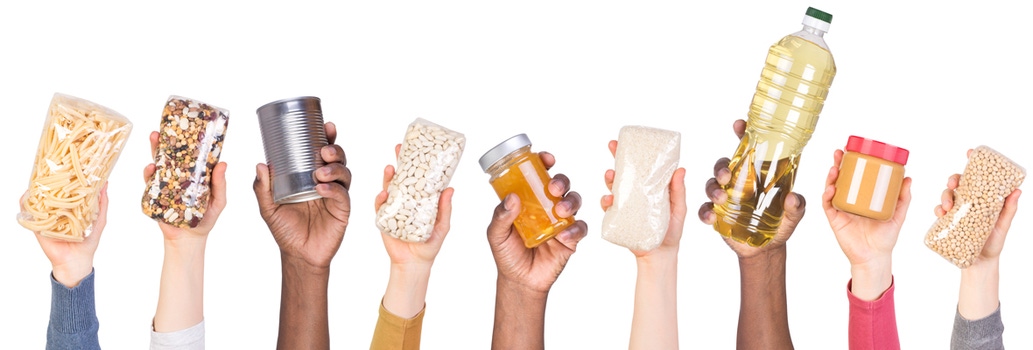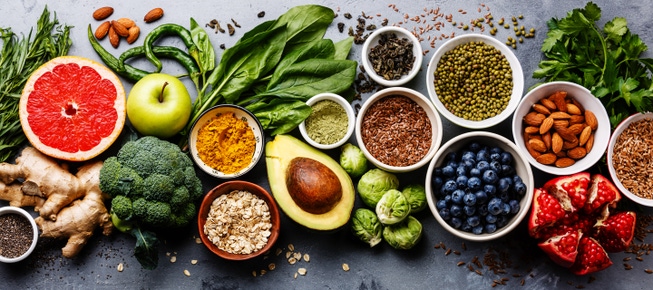
Are all processed foods bad?
Many foods you may consider “whole foods” or fresh foods are processed. Your bag of baby spinach is washed, packed and refrigerated - that’s considered processed.
Roasting, canning, cooking, freezing, dehydrating and milling are all types of food processing.
Some foods need processing before we eat them, like removing the inedible outer hull from brown rice. And have you ever eaten wheat, fresh from the farm? We didn’t think so! What about a glass of milk, direct from the cow? Even milk requires pasteurisation to make it safe for us to consume.
Processing can also make healthy foods easier to use. Consider legumes and beans – they often require overnight soaking, or hours of cooking. But if they’re canned, they’re ready to use and can happily live for long periods of time in your pantry - a perfect go-to for a quick veggie chilli.
Processing doesn’t always mean a nutrition trade off. In many instances processing provides a nutritional benefit, giving our bodies access to a wide variety of foods and critical nutrients that may not otherwise have been possible – either for biochemical, digestive or safety reasons.
There are obviously different levels of food processing, so, to shed some light on what’s involved we take a look at food processing and answer some of the most common questions.
Is food processing new?
People have actually been ‘processing’ food for thousands of years. For example, olives would have been pressed to produce the olive oil referred to throughout the Bible, similar to how olives are pressed today to produce extra virgin olive oil, a minimally processed product rich in beneficial nutrients including polyphenols.
Other early processed staples included breads and fermented cheeses which provided people with portable and longer-lasting nutritious foods.
What are minimally processed foods?
Food processing ranges from something as simple as cutting the top off a carrot to foods made from no raw products. Our tip is to focus on fresh and minimally processed foods where possible, as these are core to a healthy lifestyle. For example, wholegrain foods like brown rice, wholegrain breads and breakfast cereals are consistently shown to provide a range of health benefits including protection against heart disease and stroke, improved bowel health and protection against some cancers. But wholegrains need to be cooked or minimally processed to enable access to their nutrients and health benefits.
What’s the issue with highly processed foods?
Highly processed foods are often easy to eat and filling yet may replace nutritious whole foods that are packed with vitamins, minerals and important phytonutrients. They’re also often higher in saturated fats and salt, but lower in fibre. These types of food provide a large amount of kilojoules with only a small amount of beneficial nutrients, and with 67% of us now overweight, highly processed foods can make managing our energy intakes tricky.
Should I avoid processed foods?
Processed foods can make it easier and more convenient to cook healthy meals at home (they may even help increase the veggies and fruit you eat), while sometimes you just need a grab-and-go meal or snack option. Where you can, make your own versions of processed foods yourself at home like bread, sauces, stock and spices, so you know exactly what’s in them.
As with everything moderation is best. To better understand what’s in your food and what the ingredients mean, read our article Food labels: understanding what’s in my food. If in doubt or if you want to know more about your favourite products, you can always call the manufacturer for more details.

The latest nutrition advice, plus health and wellness tips delivered to your inbox monthly
